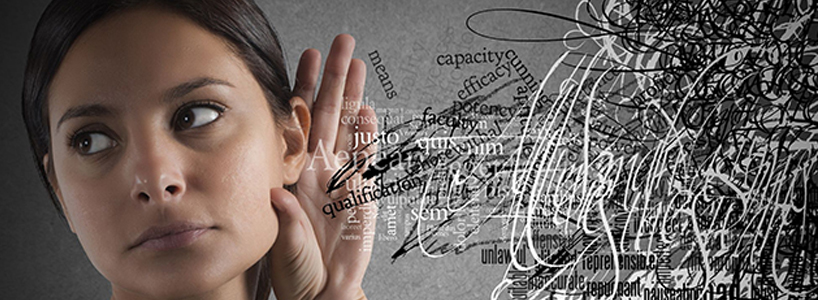City University, London – 14-16 December 2016
Thanks to ECLS postgraduate conference fund for approving my trip to IARC in December 2016. The conference was an excellent opportunity to immerse myself for three days in the world of aphasia research and to network with colleagues from around the world.
I had the opportunity to present my poster on interventions to support internet use for a person with aphasia. Poster sessions were organised so that delegates rotated around posters in small groups, giving me the chance to give a short talk to small groups. Thirty delegates took a copy of the poster and many more took photographs or requested copies by email. Interest was very positive, with many reporting they felt a need for research in the area.

Anna Caute, Linsey Thiel, Becky Moss, Fiona Menger, and Katie Monelley. A group of early career researchers with an interest in technology to support writing for aphasia.
The conference provided me with the opportunity to discuss my work with people with similar research interests. This included a group of early career researchers working on email writing and technology to support written expression (see picture below), and a Swedish OT with an interest in skills needed for successful Internet use and use of everyday technologies. I also had some interesting discussions with colleagues around measuring informativeness and interest of written narratives which has led to finding and reading recently published papers of great relevance to my PhD. Workshops and talks on the final day were extremely useful for considering some of the issues around designing technology for and with people with aphasia.
Outside of my own work, the conference explored a breadth of issues in aphasia research increasing my knowledge and awareness in many areas. Talks I found most interesting were on the published systematic review on SLT for aphasia after stroke, outcome measurement, group therapy, telerehabilitation, Big Data driven approaches to decision making, predicting recovery using fMRI data, and treatment of depression. There was also a hugely varied and interesting display of posters on each day of the conference.
Finally, the conference dinner was a glittering affair in the St. Pancras Renaissance hotel. This provided the unforgettable experience of a group of aphasia researchers recreating the famous Spice Girls video filmed in the same location. No picture attached to preserve professional dignity.
Written by Fiona Menger, Research Assistant, School of Education, Communication and Language Sciences.
